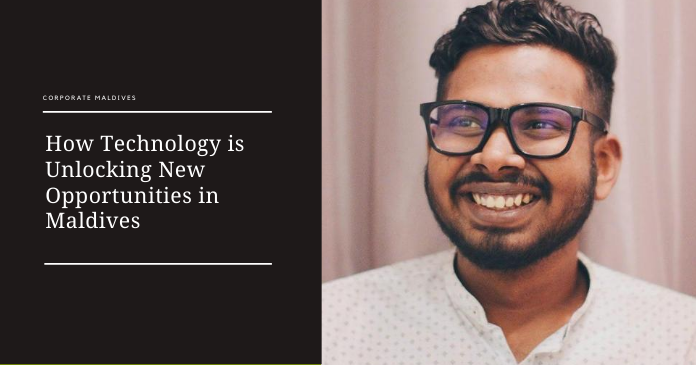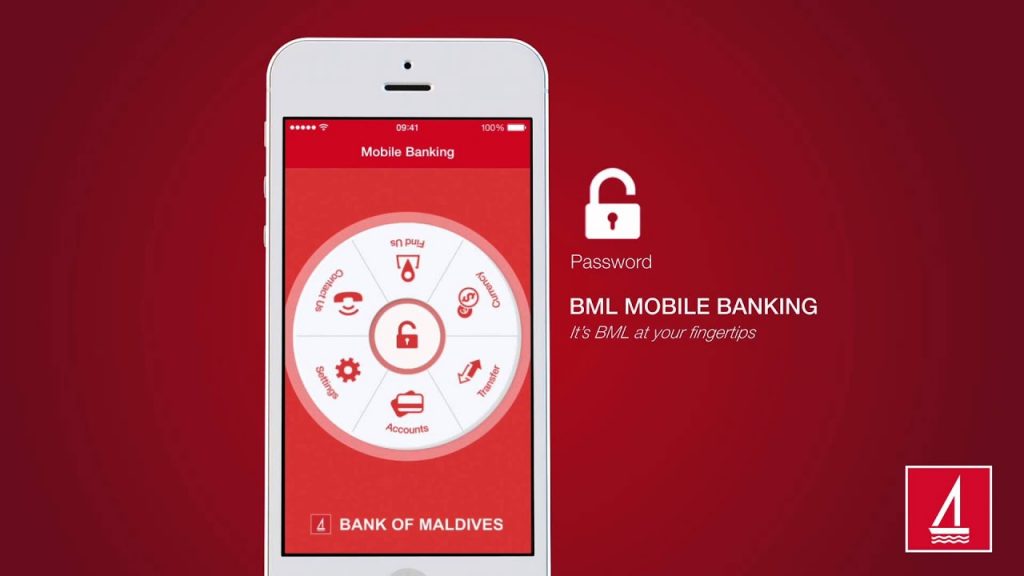
The Maldives is an island nation well-known for its coral reefs and tropical islands, with a remotely distributed population. The Maldives is mostly famous as a tourist attraction throughout the world with a very small print on the map. It consists of a population of less than 400,000; located just below Sri Lanka and India. Among the South Asian Countries, technology in the Maldives has started booming at a fast pace.
Top multinational tech companies have taken a special interest in South Asia as they have built their headquarters in this region as opportunities arise. Notable companies among them are Schneider Electric, IBM, Microsoft and Apple. We live in a region obsessed with technology; where technology is advancing at a fast pace.
The Maldives has a strong focus on technology as an individual industry and its involvement in other industries, which has led to economic growth as new businesses arise. As we have limited natural resources, we are highly dependent on tourism and fisheries industry, and other industries have been struggling to develop at the same pace. However, in the past decade, the availability of technology has made it possible for new businesses to emerge into the market and quickly turning into one of Asia’s economic success stories.

In the past decade, the availability of smartphones and various apps along with it has brought major changes to the lifestyle of everyone. Maldivians are known to be very tech-savvy people who are highly reliant on smartphones and high density among them is known to carry the latest models compared to its neighbouring countries. However, applications such as Uber Eats, Amazon, Lyft and other applications which have been digitalizing human needs has been unavailable in the Maldives.
However, Maldivians have found some workarounds. We have been finding replacements for these applications throughout the past decade. Some noteworthy mentions which Maldivian’s have self-developed include:
Foodies, an alternative for Uber Eats. This is a local food delivery application which allows ordering food over the smartphone from any restaurant registered with them. In the past, unless the food business provided their own delivery, small to medium businesses had no way of delivering their products to its consumers.

AvasRide, alternative for Lyft, is a local ride-hailing company which offers services such as hailing, ride-sharing and motorcycle ride-hailing through a smartphone. This allowed affordable local travel options and new employment opportunities for the community.
Redbox, alternative for USPS, which allowed local door-to-door delivery throughout the Maldives on a short duration. It negated a huge hassle which was carried out by individuals to deliver their items back and forth. This platform also allowed businesses operated in social media platform and other eCommerce platforms to deliver their products locally, hassle-free with real-time package tracking both for client and sellers.
Eatolls.com as a supplement for Maps. The Maldives being a small island nation, was not as established on most world maps properly, apart from locating few landmarks. Eatolls.com allowed locals to search addresses including Homes, offices, landmarks and etc ..throughout the Maldives and was known as the fastest-growing address search engine in the Maldives. Additionally, they have started to provide their API for other businesses which will enable other applications to use this service.
Apart from finding a replacement for unavailable apps for the Maldives, we have been sourcing and developing applications, such as the Payer app which is a perfect one-stop payment solution for Maldivian to pay their bills, buy gift cards, book tickets, appointments, etc.
Eat.mv, the Online Grocery Supermarket of the Maldives, which changed how people did their daily grocery shopping, instead of going through the hassle of passing busy roads to reach the shops and waiting in long queues, people are able to sit at home and order their daily needed groceries online.

Additionally, government institutes and large enterprise has been heavily investing development of technology industry. They have made applications which allow us Maldivians to apply for their services remotely. Notable mentions include applications such as;
Maldives Inland Revenue Authority which introduced MiraPay which allows tax payments to be made online from anywhere in the country, Initially it was a huge hassle for us to go through the tax payment, by physically walking into the MIRA for payments, it was a greater hassle for islanders as in some locations people had to travel to reach a payment location.

BML Mobile Banking and BML MobilePay introduced by Bank of Maldives which revolutionized payment methods and introduced Maldivian to the cashless lifestyle. Local businesses allowed new safer ways for individual businessmen to trade between without physical cash exchange also allowed them to minimise the risk of having petty cash onhand.
Transportal introduced by Ministry of Transport and Civil Aviation of Maldives which allowed Maldivians to apply for general DMV services online remotely and acquire information related to their services online.
State Electric Company Limited and Maldives Water and Sewerage Company both have introduced their own application for Maldivians to keep track of utility bills and also pay their bills.
With all these new developments in the Maldives being carried out and everything available throughout the country, all these opportunities were driven by younger citizens of the Maldivian community. With a community of more than 90% literacy in Maldives, implementing these technologies is not hard for Maldivian nationals.
Aside from lifestyle developments, security has been developing with technological advancements for the past years. With biometrics and CCTV available for consumers at affordable rates has allowed us Maldivians to feel much safer. Security solutions is one of the main sectors in IT in the country, with new individuals around Maldives acting as system integrators, implementing the latest technology security solutions. Companies such as Linkserve has been promoting system integrators throughout the years by investing in them and giving partnership benefits.
Education Sector has been developing at a fast rate in the Maldives, with the introduction of remote online classrooms in learning management systems. Villa College and Mandhu College are among education institutes who have adopted remote education methods. As the Maldives is an island nation, resources are not equally distributed, education is one of those resources, in the past, to get a proper education and degree, people had to travel out of their home island to the capital, therefore, paying huge sums for their expenditure over the course duration. But with the development of telecommunication, almost 95% of Maldives is able to access the internet through technologies such as WiMax, AirFiber or Submarine Cables.
With global technological developments on the rise, more room for technological solutions implementations has increased. A nation mainly involved with the development of tourism sector, Maldivian youngsters have been adopting an entrepreneurial mindset have been finding new solutions, opportunities and business ventures even with the limited resources and implementing these solutions into the nation has been easier with the increased technological literacy. The Maldivian government has been putting efforts into standardising and opening new opportunities into these developments and allowing fair and secure implementations to the Maldivians. Government developing cities such as Hulhumale’ as a smart city with fibre networking, City Wifi and Smart Traffic Management Systems; individuals will find more ways to grow themselves into a tech-savvy nation.
About the Author: Mr. Mohamed Munawwar Luthfee graduated from Open University Malaysia with BA (Hons) in ICT. Through public speaking and presenting on National Television, he has been promoting ways to embed technology into daily lives and to develop various technology-related sectors for the past few years.












